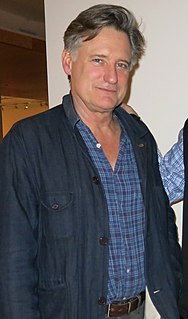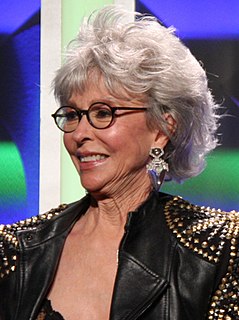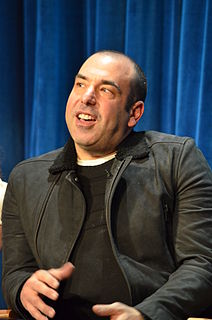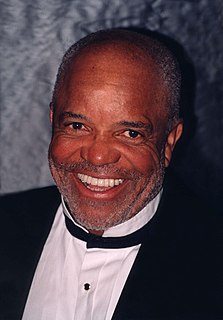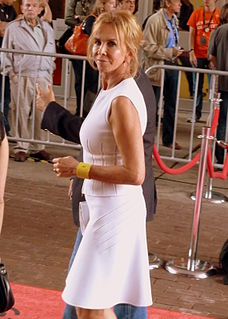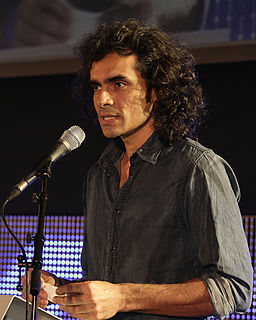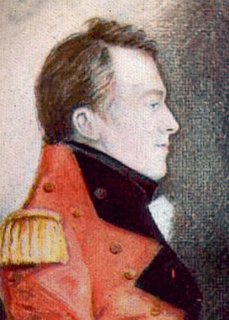A Quote by Bill Pullman
I did 'Malice,' 'Sommersby,' and 'Sleepless in Seattle,' and they're as disparate characters as I've ever played. But somehow, there was that thing - they were all second male leads, so they all didn't get the girl in some weird way.
Related Quotes
I think bringing depth to characters means really needing to find out who this girl is, what is she passionate about, what makes her tick, what gets her going in life. So I did a lot of backstory for who she was and sometimes it comes across screen and sometimes it doesn't. You never know, because you're not the director, but you can only do your work and hope that it somehow subtly is infiltrated in that. But I think the characters I've played for the most part have depth, just not in the way that you think they do.
I'm glad things are getting better, but I'm going to push and be pissed off until they're perfect. That will probably never happen, but I feel some weird duty nonetheless. Even though I can get married in Seattle, I could go to another country and get the death penalty just for being myself-I'm not making music just for fiancés in Seattle.
Men ruled the roost and women played a subservient role [in the 1960s]. Working wives were a rarity, because their place was in the home, bringing up the kids. The women who did work were treated as second-class citizens because it was a male-dominated society. That was a fact of life then. But it wouldn't be tolerated today, and that's quite right in my book... people look back on those days through a thick veil of nostalgia, but life was hard if you were anything other than a rich, powerful, white male.
... once you were in, they put a note in your file that said you were in therapy, and all your teachers saw that file. They might as well have tattooed CRAZY on your forehead. The next year every teacher would be watching you for the first weird thing you did—and has there ever been a kid who never does anything an adult considers weird?
Lars is played by Ryan Gosling, the Prince of Tics, whose idea of acting is to wait a few beats before reacting to other people's remarks, as if acting were merely a matter of adhering to the seven-second delay rule. Jack Nicholson has made a career out of doing this sort of thing, as did Paul Newman, as did Marlon Brando (who the other two learned it from), but they didn't do it all the time and they were more fun to look at... Lars And The Real Girl joins a number of other recent films in the category of motion pictures where the director doesn't know that his protagonist is unsympathetic.
